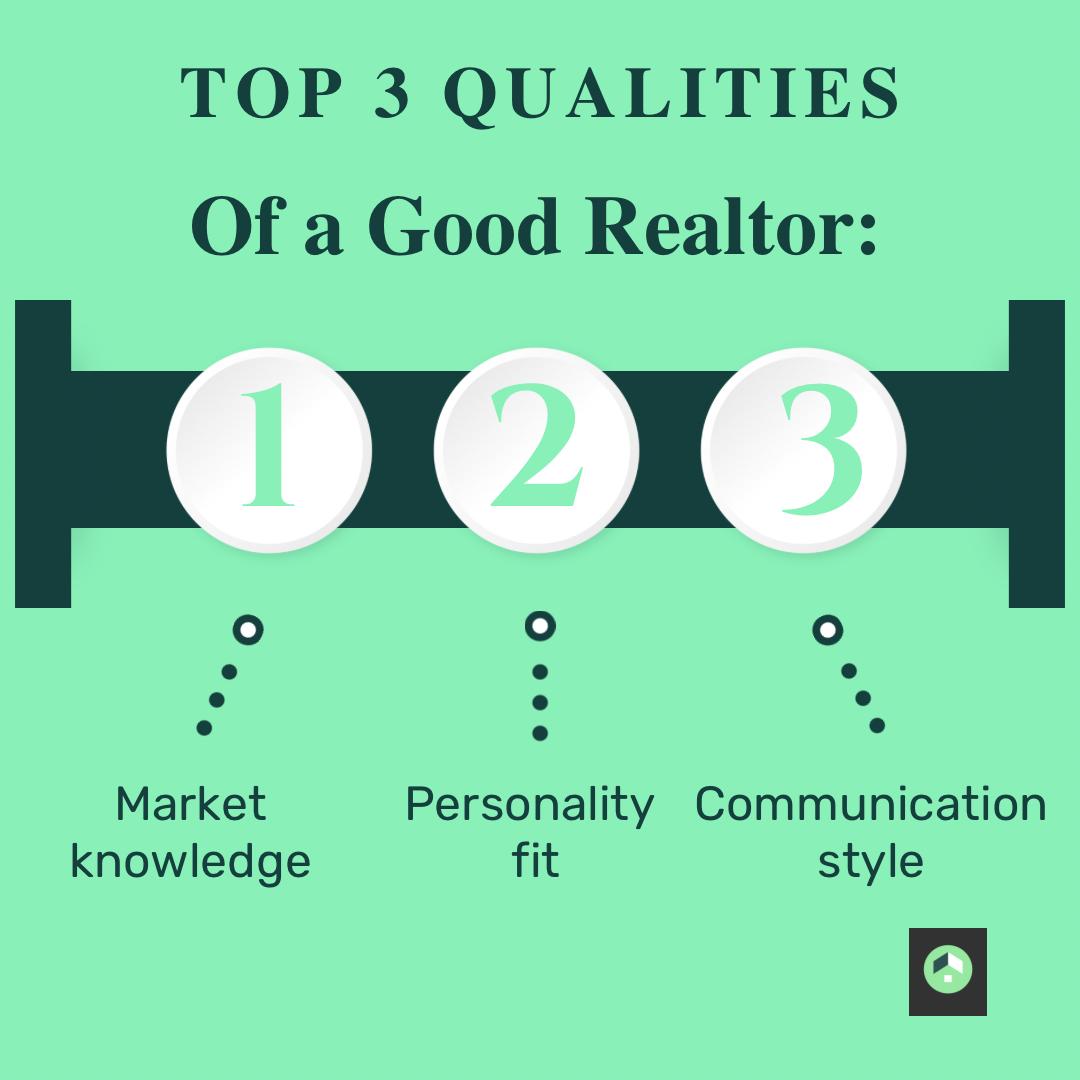
People might be initially tempted to buy without an agent to save money, but this only works if you have know-how, time and skills to negotiate a price, communicate with the seller’s agent and work with a real estate attorney to compile all needed documents. Because these, among other tasks, are time consuming, stressful and complicated, 88% of buyers use a buyer’s agent.
Picking an agent is akin to dating. You need to find a person who has market knowledge, who understands your needs, and has a personality that meshes with yours, as you will be spending many weekends and weeknights driving around looking at houses. To do this, it is best to interview different potential agents to determine which one best meets your goals.
There’s no wrong way to find an agent, online searches, on the ground research, and word of mouth suggestions are all viable ways to source candidates. At Own Up, we’ve partnered with Realogy, the corporate entity that owns many of the top real estate brokerages, to make it faster for homebuyers to get matched with a top real estate agent that fits the parameters of your unique search.
Once you have a real estate agent candidate, it’s time to interview. To make it simple, we break the questions into three categories: basic questions, knowledge questions and personality questions.

Basic Questions
What kind of license do you have?
There are three different real estate license types: real estate agent, broker and Realtor. Real estate agents must take pre-licensing training courses (how much varies by state) and pass a written exam to buy, sell or rent housing. Brokers take additional courses covering ethics, contracts and taxes, and legal issues, among other topics. To sit for the broker’s license exam, real estate agents must have experience working as an agent.
Realtors are real estate agents who are members of the National Association of Realtors and therefore must follow higher standards. Realtors have privileged access to certain real estate market data agents do not. Brokers can also be Realtors. You can verify the license of your prospective agent using arello.
Would you only be representing me?
Dual representation, or dual agency, occurs when the real estate agent represents both the buyer and seller of the property. This should be avoided because you want an agent who is focused on your interests. A home seller wants their home sold quickly for as much money as they can get, while a buyer wants to purchase the property for the lowest price possible.
Designated agency is when agents in the same firm represent both the buyer and seller. This is a form of dual agency and should be entered with caution as you don’t want your agent telling the seller’s agent your bottom line offers before negotiations begin.
How long have you been in the business?
We teach our kids that practice makes perfect, or at least makes us a lot better. The same can be said of real estate agents. An agent with only a year or two of experience will not have the experience with negotiating and knowledge of the market and how deals best succeed.
Can I have a few references?
Closing on a house is one thing but doing so in a way that clients will speak highly of you is entirely another matter. Ask for a few references to find how long it took to close, how smooth the process was and how well the agent understood the clients’ needs.
What is your commission structure?
Real estate agents, brokers and Realtors work on commission and receive a percent of the sale price. Sellers typically pay the commission, which is split between the buyer’s agent and seller’s agent. The commission is typically 5% to 6% but can be negotiated lower by the seller. Skipping an agent might seem like a way to save money, but without that agent you might pay more for lack of negotiating expertise.
Knowledge Questions
Tell me about the types of homes you sell?
Real estate is all about location, but the agent familiar with buying and selling starter homes is not the same agent familiar with mini mansions across town. Make sure your potential agency has a history of selling the kind of house you want to buy, as knowledge of the market greatly affects price negotiations and the speed of closing a transaction.
Tell me about general real estate market trends I should be aware of?
Ask them to reflect on current market trends. Do you need to make a high offer right away, or do you have a few days to sit on it? Is it a competitive market where an earnest money deposit (EMD) is expected? This deposit holds your spot until the final paperwork is done and tells the buyer you are serious. Knowledge like this is crucial to making an offer that is accepted.
What is your experience working with clients who are using an FHA loan (or insert your loan type)?
Say you are buying a starter home and are a first-time homebuyer. That’s a huge competitive market these days, with high prices and a lot of competition. Many first-time homebuyers use Federal Housing Administration (FHA) loans. Make sure your potential agent understands the specific rules and requirements of the program so they don’t show you houses that wouldn’t qualify.
Personality Questions
How do you prefer to communicate?
Some people prefer to communicate over the phone while others would rather text or email. Make sure you pick any agent whose communication style lines up with yours. If an agent would prefer talking on the phone and you have a job that doesn’t allow it, that might be tough, but if an agent is willing to text or email updates you can check in breaks, that could work well.
Why did you become a real estate agent?
People who are best at their jobs are passionate and energetic. Your potential agent should convey a passion for helping people buy and sell houses and an energy that suggests you can trust them.
What do you want to know about me?
This question addresses two key issues. Your potential agent should want to know you as a person to best understand the type of house and neighborhood you are seeking. Your agent should listen closely and ask a lot of questions. Listening to the answers, you will also learn about them. If they are the chatty type, and you are not, that is a lot of time in a car with someone. Do they make you feel comfortable? If not, it might be best to pick someone else.
The last mile
It typically takes about four months for the entire homebuying process including finding a house, applying for a mortgage, getting a loan approved and closing. Of that time, about 10 weeks is devoted to visiting about 10 different houses. Technology has made the narrowing down process easier, but nothing replaces in-person visits. And those in-person visits are only effective if you are working with an agent who brings you to houses you might want to buy.
It’s no wonder that after all that searching, homebuyers don’t effectively shop around for their mortgage. That’s where Own Up comes in. We make it fast and easy to get accurate, detailed offers from a marketplace of top lenders, with a single application. There’s no hard credit check to shop, and there’s zero spam or sales pressure because we anonymously shop for you.


